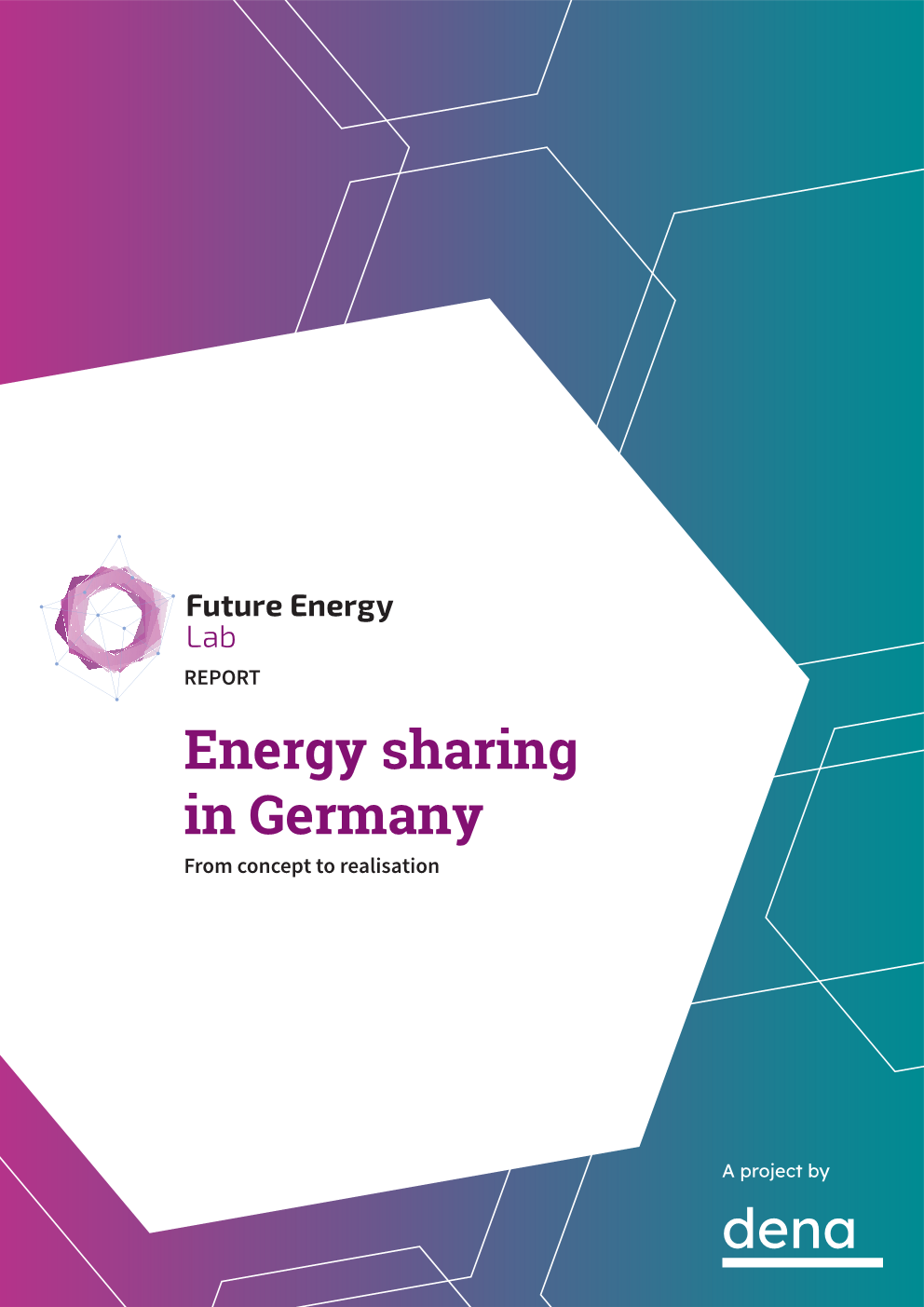
Now available in English: “Energy Sharing in Germany – From Concept to Realisation”
Published by dena in collaboration with IZT and B.A.U.M. Consult
What role can energy sharing play in accelerating the energy transition? How can citizens, municipalities, and SMEs participate more directly in renewable energy generation and use — and what needs to happen for this to become mainstream?
Our new report explores these questions based on the real-world experience of the WUNergy pilot community in Wunsiedel, developed together with Stadtwerke Wunsiedel (SWW).
Key insights:
- Energy sharing is already legally feasible under current German law, but implementation remains complex.
- We present three core implementation models for Energy Sharing Communities (ESCs), showing how they differ in responsibilities, market roles, and digital requirements.
- Digital technologies like smart metering systems and data platforms are key enablers — from real-time synchronisation of generation and consumption to billing and flexibility management.
- Policy recommendations focus on reducing entry barriers, adapting supplier obligations, and scaling ESCs as a pillar of a decentralised, citizen-driven energy system.
This report aims to inform the current stakeholder dialogue on the implementation of the Electricity Market Directive (EMD III) in Germany and contribute to shaping supportive regulatory frameworks.
Download the full report for more insights!


